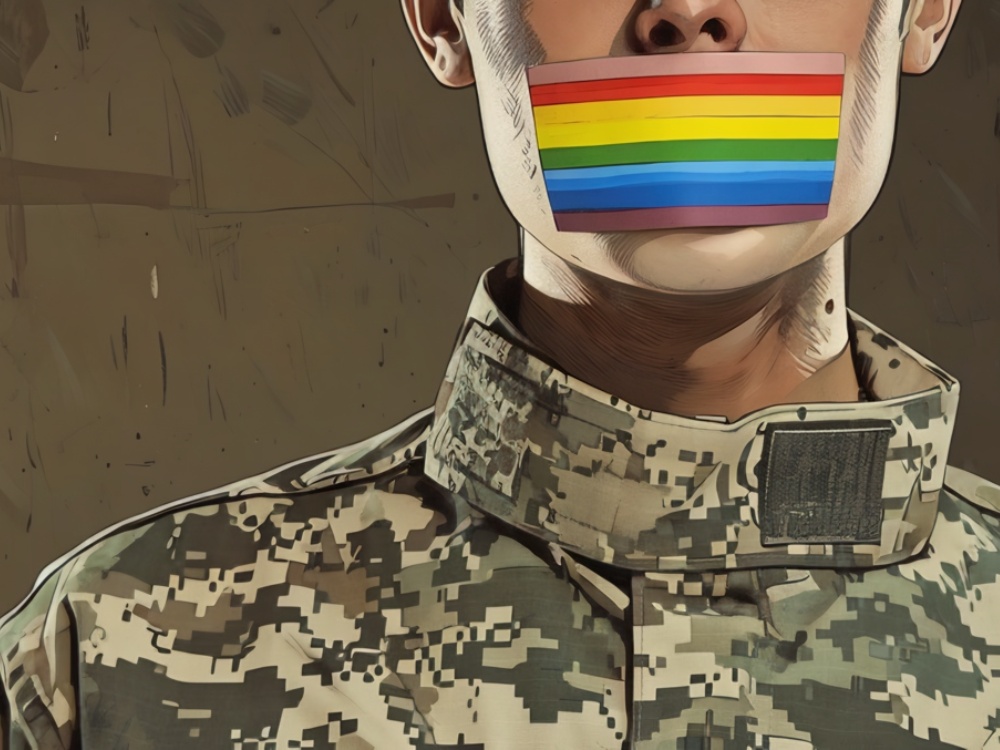Texas has officially become the 20th US state to ban transgender people from using public bathrooms that align with their gender identity — passing what is being described as one of the most restrictive anti-trans laws in the United States to date.
Republican Governor Greg Abbott signed the controversial bill into law on Monday, 22 September, describing it as a “common sense public safety issue.”
Dubbed the “Texas Women’s Privacy Act,” the new legislation mandates that trans people in government-owned buildings, public schools, and state-funded universities must use facilities that correspond with the sex they were assigned at birth. The law also forces trans inmates to be housed in prisons based on their assigned sex, and bans trans women entirely from domestic violence shelters for women.
A Growing Trend of Discriminatory Legislation
Texas now joins 19 other US states with similar laws, including Florida, Arkansas, South Dakota, Montana, Utah, and Wyoming.
According to the Movement Advancement Project (MAP), at least 33% of transgender people in the United States now live in states that impose some kind of bathroom restriction, with 17% living in states with total bans in all government facilities.
📣 Ash Hall, LGBTQ+ policy strategist at the ACLU of Texas, warned the law would encourage harassment and discrimination:
“This bill is bad for trans and intersex people, bad for cisgender people, bad for business, bad for public health and safety, and bad for Texas,” Hall said.
“It will encourage gender policing from those who seek to harass or harm transgender people – or anyone who may not conform to stereotypical gender roles.”
Hostility and Violence Escalating
The passing of the bill has sparked widespread backlash from activists, with members of the Gender Liberation movement staging protests outside the Texas State Capitol.
The lead-up to the vote also saw deeply troubling rhetoric. In August, right-wing commentator Jack Finger sparked outrage after threatening physical violence towards transgender people in public restrooms during a public debate.
Misidentification and Public Humiliation
While these bathroom bans are ostensibly aimed at transgender people, cisgender individuals (those who identify with the gender assigned to them at birth) are increasingly being caught in the crossfire of misinformed or prejudiced enforcement.
One high-profile case occurred in August, when Gerika Mudra, an 18-year-old cisgender lesbian, filed a lawsuit after allegedly being forced to undress in a restaurant bathroom to “prove” her gender.
Mudra says she was inside a women’s bathroom stall when a staff member began banging on the door, insisting she was a man.
“I told her, ‘I’m a lady,’” Mudra recalled.
“She made me feel very uncomfortable… After that, I just don’t like going in public bathrooms. I just hold it in.”
To get the harassment to stop, Mudra says she felt compelled to lift her top and show her breasts to the staff member.
Looking Ahead
With similar laws being considered in more states, LGBTQ+ advocates warn that the rise in bathroom bans could lead to increased incidents of violence, harassment, and public humiliation — not only for trans people, but also for those who do not conform to traditional gender norms.
The ACLU and other civil rights groups continue to challenge these laws, calling them discriminatory and unconstitutional.
































